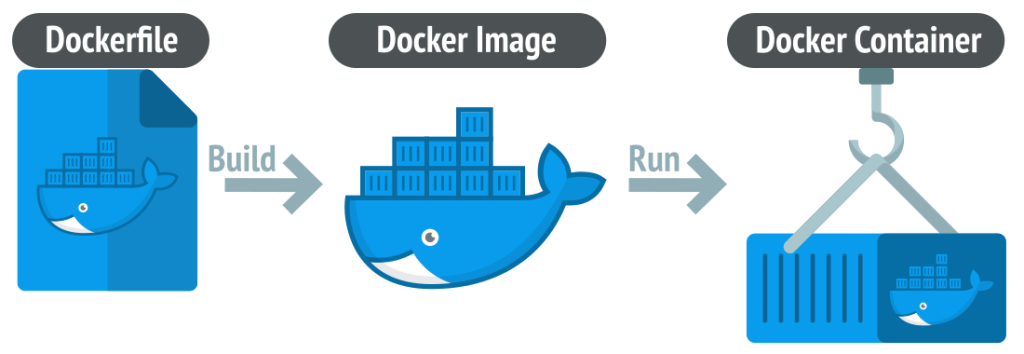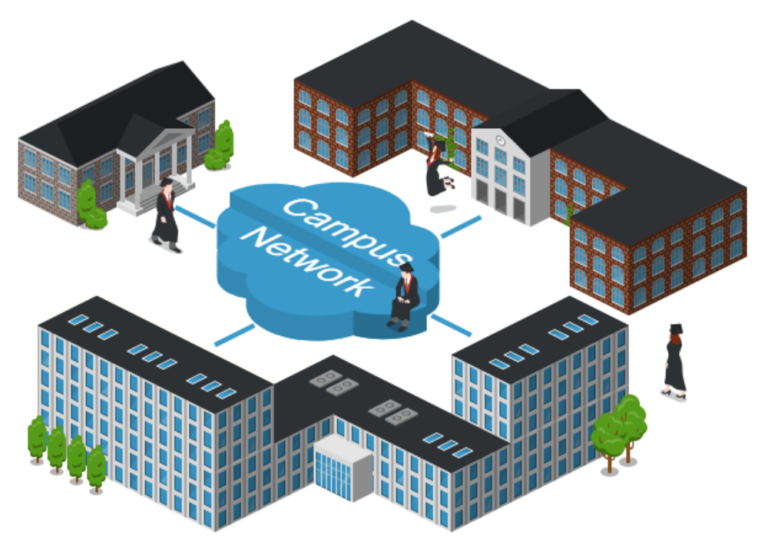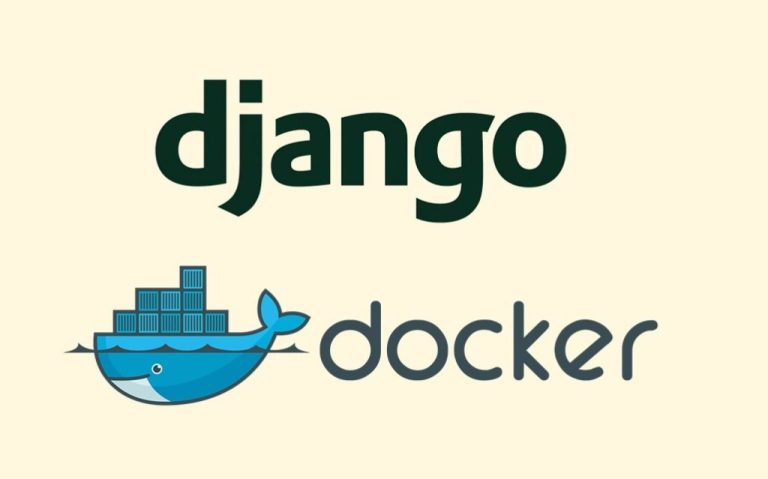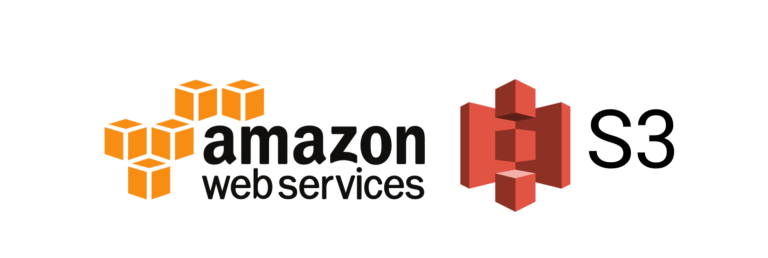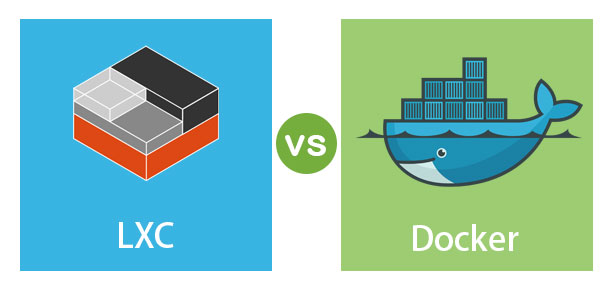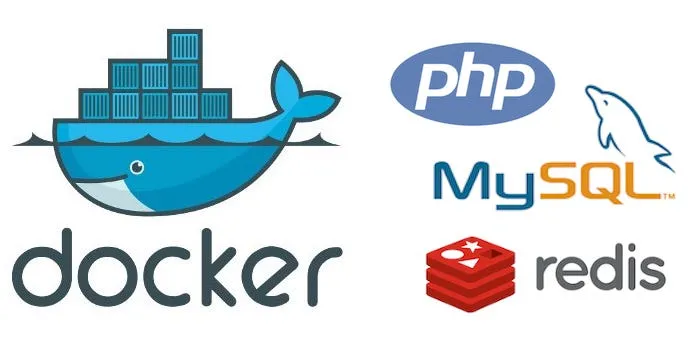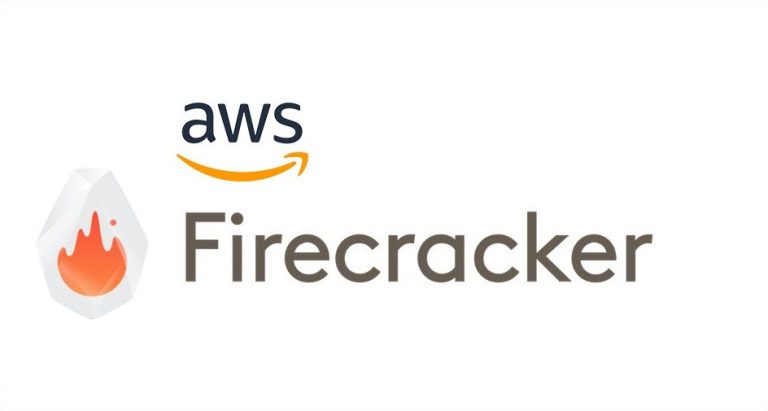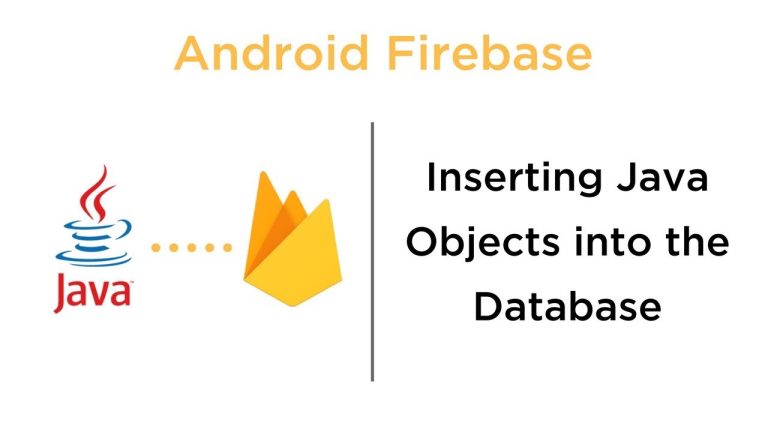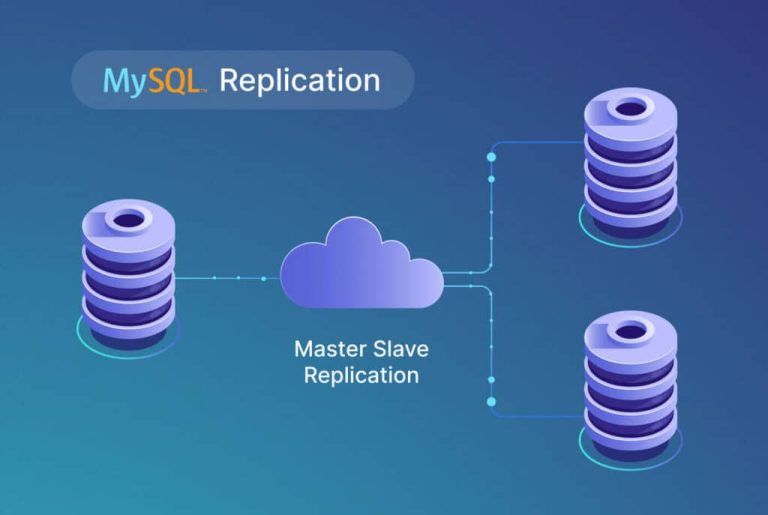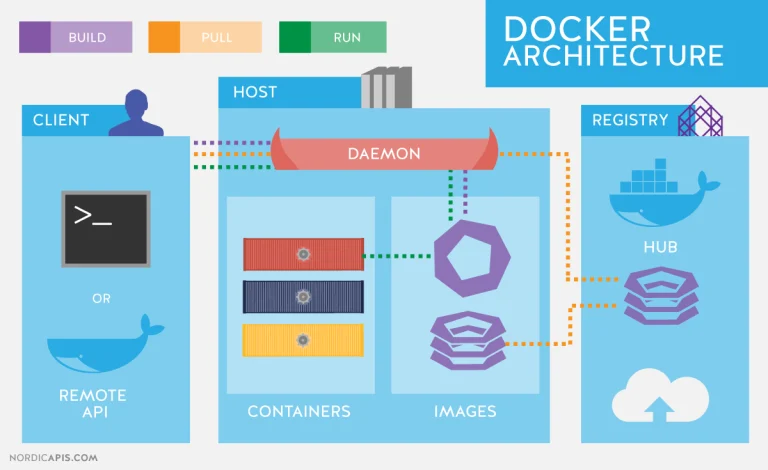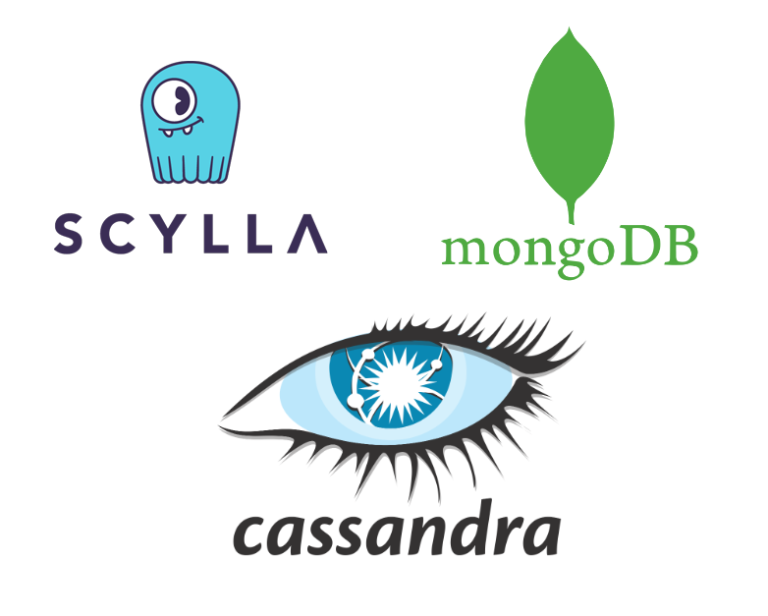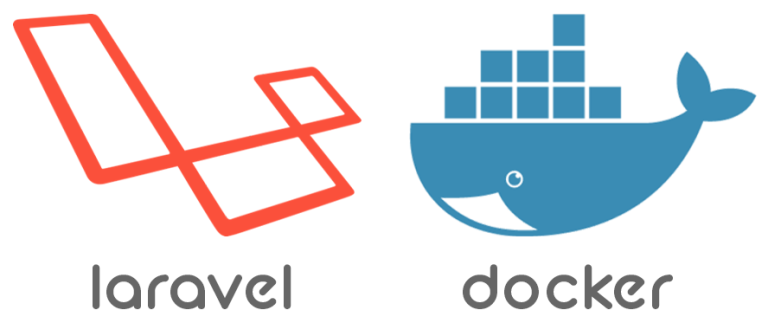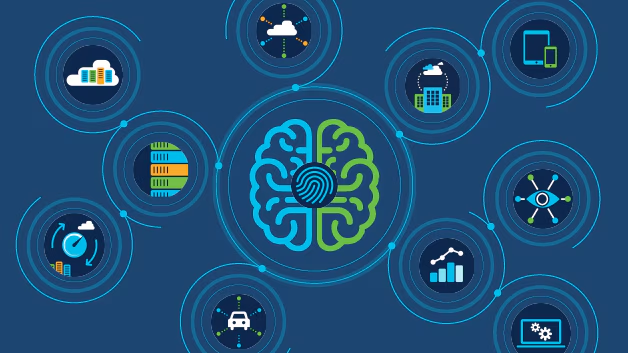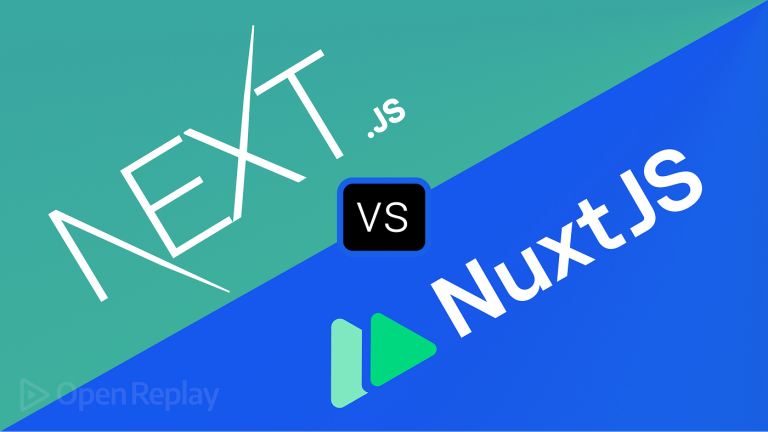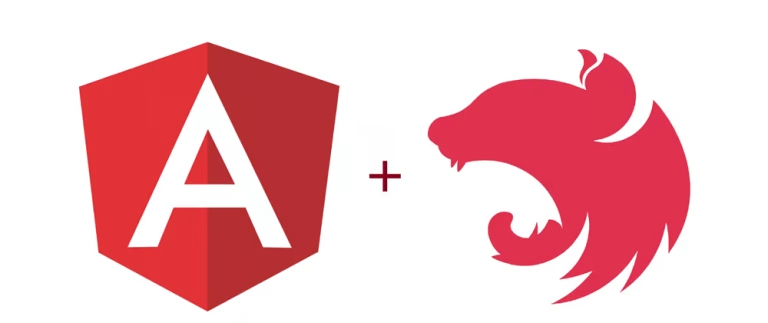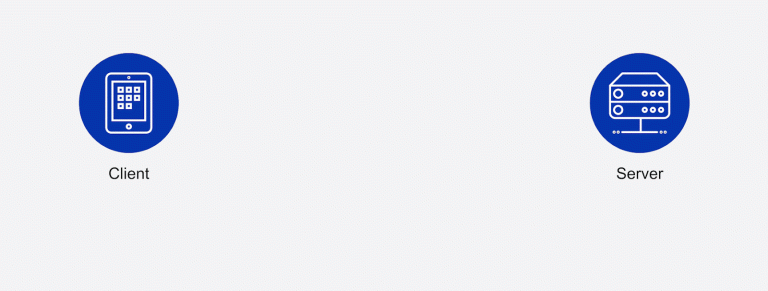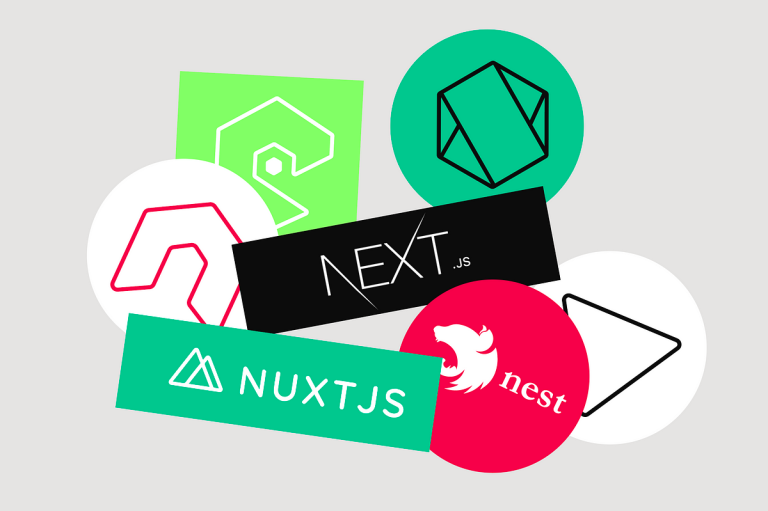Introduction:
Docker has revolutionized the world of software development and deployment. In this article, we’ll explore the fundamentals of Docker, its key components, and how it simplifies the process of creating, deploying, and managing applications.
- Understanding Docker:
Docker is a containerization platform that allows developers to package applications and their dependencies into isolated containers. Learn how these containers provide consistency across various environments, making it easier to develop and deploy applications. - Key Docker Components:
Explore the core components of Docker, including images, containers, and Dockerfile. Understand how Docker images act as templates for containers and how Dockerfiles define the instructions for building these images. - Docker Installation and Setup:
A step-by-step guide on installing Docker on different platforms. Learn how to configure Docker to fit your development environment and explore essential command-line tools for managing Docker containers. - Creating Docker Images:
Dive into the process of creating Docker images using Dockerfiles. Understand best practices for optimizing images, reducing size, and ensuring reproducibility in different environments. - Container Orchestration with Docker Compose:
Explore Docker Compose, a tool for defining and managing multi-container Docker applications. Learn how to use YAML files to specify services, networks, and volumes, simplifying the orchestration of complex applications. - Scaling with Docker Swarm:
Discover Docker Swarm, a native clustering and orchestration solution for Docker. Understand how it enables scaling applications horizontally, distributing workloads across a cluster of Docker hosts. - Networking and Storage in Docker:
Delve into Docker’s networking capabilities and storage options. Explore how Docker manages communication between containers and external networks, as well as various storage drivers for persistent data. - Security Best Practices:
Address security considerations when working with Docker containers. Learn about container isolation, image vulnerabilities, and techniques for securing your Dockerized applications. - Continuous Integration and Deployment with Docker:
Explore how Docker integrates with CI/CD pipelines, enabling automated testing, building, and deployment. Understand the benefits of using Docker in a continuous delivery workflow. - Real-world Use Cases:
Examine practical applications of Docker across different industries. From microservices architectures to DevOps practices, understand how Docker is reshaping the way organizations develop and deploy software.
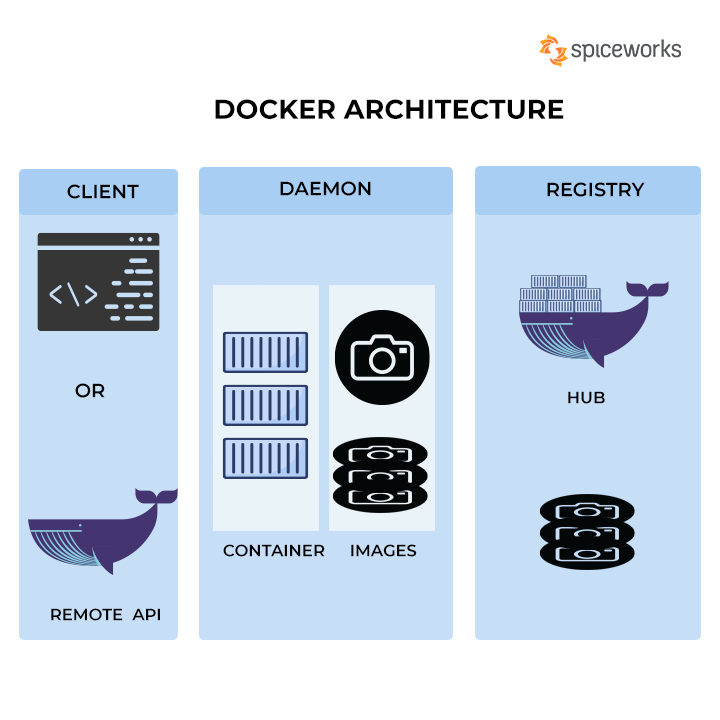
As Docker continues to gain widespread adoption, mastering its concepts and tools becomes essential for modern software development. This comprehensive guide provides a solid foundation for both beginners and experienced developers looking to harness the power of Docker in their projects.
Landscape: Docker’s Impact in 2024
In 2024, Docker has become an indispensable tool in the ever-evolving landscape of software development and deployment. This article explores the current trends and innovative uses of Docker in this dynamic year.
- Microservices Orchestration with Docker:
Dive into how Docker is facilitating the seamless orchestration of microservices architectures. Explore advancements in Docker Swarm and Kubernetes integration, empowering developers to efficiently manage and scale distributed applications. - Serverless Computing and Docker:
Uncover the synergy between Docker and serverless computing. Learn how developers are leveraging Docker containers to encapsulate functions, providing a flexible and portable environment for serverless applications. - Edge Computing and Docker:
Explore Docker’s role in the edge computing revolution. Discover how containers are deployed closer to end-users, reducing latency and enhancing the performance of applications in scenarios like IoT and real-time analytics. - AI and Machine Learning Workflows:
Understand how Docker is streamlining AI and machine learning workflows. Explore the use of containers to package and deploy machine learning models, fostering reproducibility and scalability in data science projects. - Blockchain Development with Docker:
Delve into Docker’s impact on blockchain development. Explore how containers are simplifying the deployment of blockchain nodes, smart contracts, and decentralized applications, contributing to the evolution of decentralized technologies. - Cross-Cloud Compatibility:
Examine Docker’s role in ensuring cross-cloud compatibility. Learn how containers provide a consistent runtime environment, allowing applications to seamlessly transition between different cloud providers, enhancing flexibility and avoiding vendor lock-in. - DevOps and CI/CD Enhancements:
Explore the evolving DevOps landscape with Docker. Discover new tools and integrations that leverage containers to enhance continuous integration and delivery pipelines, enabling faster and more reliable software releases. - Enhanced Security Measures:
Address the advancements in Docker security features. Learn about container runtime security, image vulnerability scanning, and best practices adopted in 2024 to fortify applications against emerging cyber threats. - Hybrid Cloud Deployments:
Understand how Docker is bridging the gap in hybrid cloud deployments. Explore scenarios where organizations seamlessly deploy and manage applications across on-premises infrastructure and public cloud environments using Docker containers. - User-Friendly Development Environments:
Discover how Docker is simplifying the development experience. Explore tools and features that enhance the creation of reproducible and consistent development environments, reducing the infamous “it works on my machine” dilemma.
# Use an official Node.js runtime as a parent image FROM node:14 # Set the working directory in the container WORKDIR /usr/src/app # Copy package.json and package-lock.json to the working directory COPY package*.json ./ # Install app dependencies RUN npm install # Bundle app source COPY . . # Expose the port on which the app will run EXPOSE 3000 # Define the command to run your application CMD [ "node", "app.js" ]
Conclusion:
As Docker continues to evolve, its impact in 2024 extends far beyond traditional containerization. From powering cutting-edge technologies to enhancing fundamental aspects of software development, Docker remains a driving force in shaping the future of the industry.

